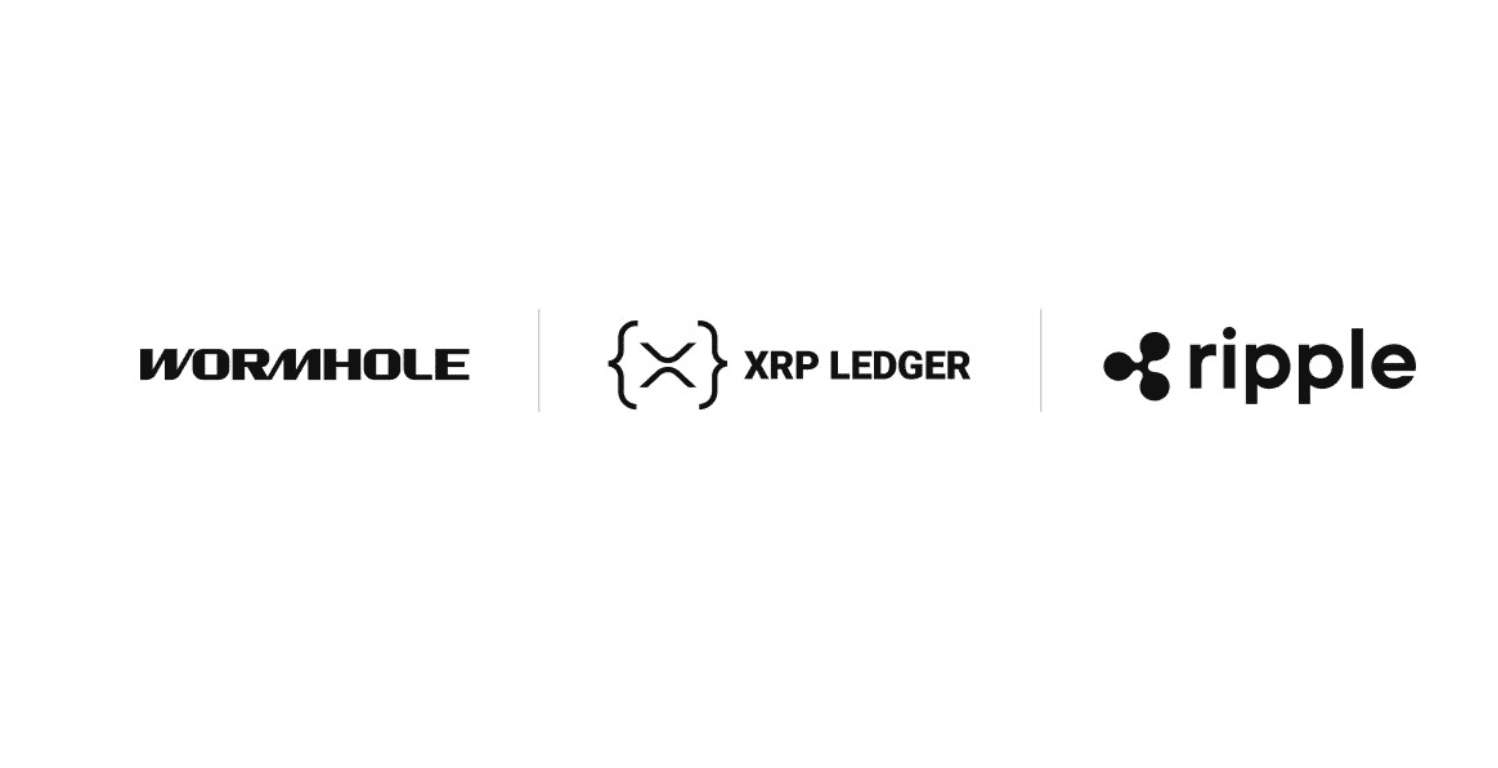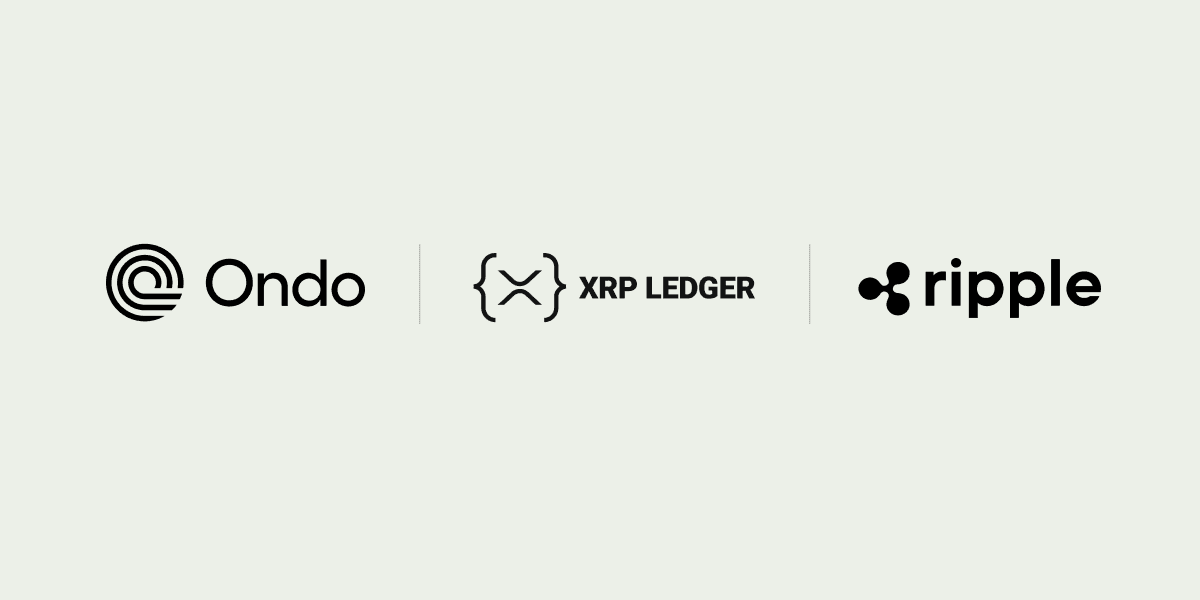Brazil is a major economic power in Latin America and an important player on the world stage. This edition of On Campus shines a light on Sao Paulo’s Fundação Getúlio Vargas (FGV), one of the country’s leading universities, as it leverages Ripple’s University Blockchain Research Initiative (UBRI) to train a global workforce in Brazil. FGV Professor Riccardo Rochman took us inside the university’s Crypto Master’s Program and its commitment to preparing Brazil’s rising blockchain entrepreneurs and leaders.
Blockchain and the Future of Brazil
Blockchain and crypto are important research and study topics in Brazil because these technologies can form the building blocks for a new economy. Professor Rochman sees blockchain as creating new paradigms in business and economics that will empower Brazil’s people, businesses and even governments.
He pointed to the Brazilian Development Bank (BNDES) and its use of blockchain and a proprietary cryptocurrency to fund businesses as an example. For Professor Rochman, this ability to create new paths to prosperity using blockchain will require that the coming generation of entrepreneurs and workers intimately understand the technology in order to accelerate faster, safer development trends.
UBRI is an important part of this vision. Professor Rochman says the partnership helps attract more students and professors to FGV and the program, while also funding new research. Already, he is seeing an increase in research proposals and new dissertations on blockchain.
And the funding has helped FGV foster connections with private firms interested in exploring new commercial ideas. It is also behind networking efforts with other UBRI-funded universities around the world. He sees this cooperation and network development as critical to the success of blockchain.
Brazil’s First Crypto Master’s Degree
One of the most tangible effects of UBRI at FGV was a new Master’s Degree in Crypto Finance that Professor Rochman helped launch in 2017. The program is the first of its kind in Brazil. It emphasizes economics and finance and revolves around the core disciplines of math and statistics. It began with courses on pricing assets and derivatives and computer skills and has since expanded to include courses on crypto finance and crypto economics.
These newer courses cover blockchain structures, consensus, and both micro-and-macro-economics in relation to these new technologies. The crypto finance course is specific to cryptocurrencies and delves into how crypto is viewed by other industries, alt-coins, and even how to build a new cryptocurrency.
The program also features a course on cyber security. Professor Rochman says students in the course can learn about cryptographic security, various algorithms related to security, and how changes can impact end users or investors. Interestingly, he mentioned this course deals with physical security as well. For example, where to place computers, how to build and secure a data room, and other real-world challenges.
Students taking part in all these courses have access to a crypto finance lab where they program with bitcoin and use both bitcoin script language and python. They can also take electives that allow them to specialize in crypto subjects related to data science, AI, Internet of Things, and other similar economics or business topics. The goal being to foster an understanding of and interest in the application of blockchain and crypto to adjacent industries.
Growth and Engagement Across Campus
Professor Rochman is encouraged by the already impressive growth of the program. At launch, 20 students were enrolled in the first course and 250 in the overall master’s program. Since then he’s observed a high level of interest with many new students requesting information and signing up for coursework. So far, he said the crypto finance course and the crypto lab have generated the most excitement.
He also has seen interest in crypto coursework from other disciplines at FGV. Professors in the business school are currently researching entrepreneurship and how blockchain can facilitate new ventures. In the law school, some students and professors are studying regulation and how blockchain could be applied to the financial markets.
This interconnection between various schools at FGV is another ancillary benefit of UBRI. Professor Rochman has encouraged this cross-discipline interest in blockchain by accepting proposals for new UBRI research throughout the year, with a goal of finalizing additional programs by year-end.
Training the Next Generation at FGV
Ultimately, this all tracks to his goal of using blockchain and crypto to help build a new economy in Brazil. As someone interested in both computer science and finance, he sees blockchain as the perfect combination of his two passions with the potential to change the world in a positive way. He became involved to help build a center of excellence on the subject that will first improve Brazil, then the world.
He sees his role and that of FGV as creating a new generation of professionals equipped to work with blockchain and crypto technologies. Professor Rochman explains that Brazilians love their country and want to grow and stabilize its economy for future generations. With the help of UBRI, he believes that the study of blockchain and crypto is the most effective path to building this better future.
To learn more about UBRI, please visit our UBRI website and look for monthly Insights posts in the On Campus series.







